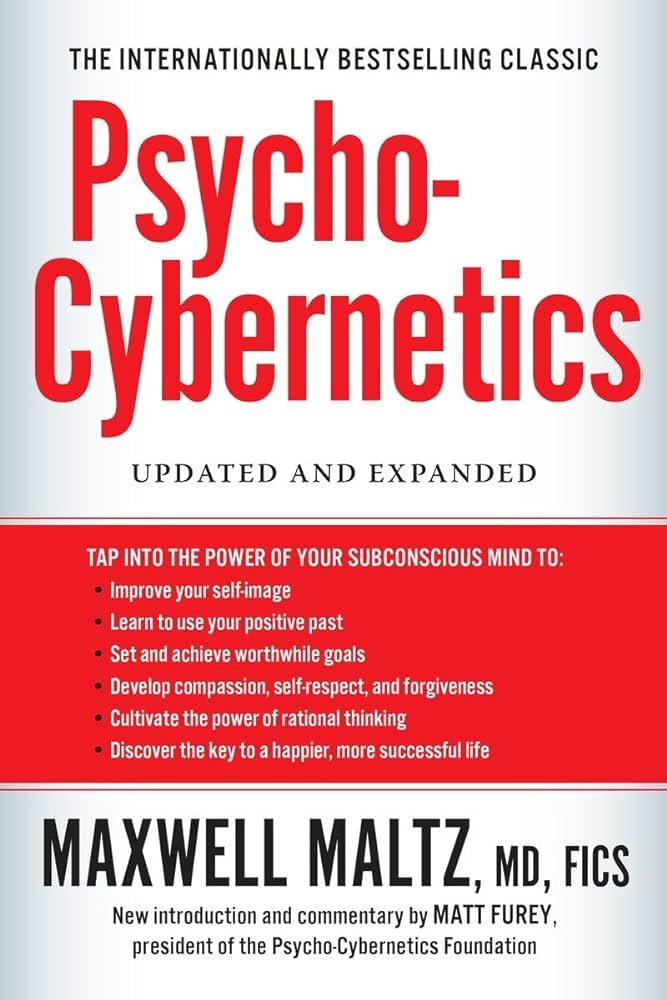In my experience, the sharpest, most confident individuals I've encountered are also those with the highest self-esteem. These individuals possess a remarkable ability to be charitable and generous, giving of themselves freely. Their confidence and self-assuredness seem to stem from a deep sense of abundance and a willingness to contribute positively to the lives of others.
One striking characteristic of these confident individuals is their ability to "see the forest for the trees." They maintain a broad perspective and are adept at understanding the bigger picture, rather than getting bogged down in immediate, trivial concerns. This long-term outlook influences how they navigate their personal and professional lives, allowing them to make decisions with a broader, more informed context in mind.
Conversely, those who exhibit lower levels of confidence and self-esteem often find themselves in positions of political power or are more inclined to manipulate systems to their advantage. This lack of confidence can manifest as a tendency to be less charitable and more stingy, as they operate from a mindset of scarcity rather than abundance. Their decisions are frequently driven by short-term gains and a limited perspective, a high time preference that prioritizes immediate gratification over long-term benefits.
This observation highlights a fascinating paradox: individuals who lack confidence and self-assuredness may seek power and control as a means of compensating for their insecurities. In contrast, those who are confident and generous often eschew the trappings of power, focusing instead on contributing positively to their communities and maintaining a long-term, holistic view of their lives.
Ultimately, the correlation between confidence, generosity, and long-term thinking suggests that true self-assurance is rooted in a sense of abundance and a willingness to give. Those who lack this foundation may find themselves trapped in a cycle of short-term thinking and self-serving behavior, ultimately limiting their potential for personal and communal growth.
A great foundational book on this is, “Psycho-Cybernetics” by Dr. Maxwell Maltz.
Stay strong,
Brandon





